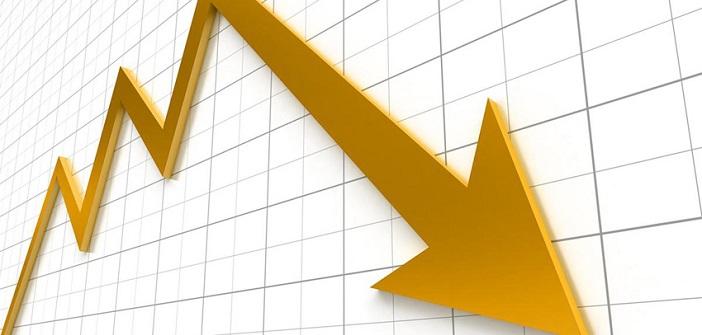On the occasion of the opening of the Davos forum, the International Monetary Fund (IMF) shared its downward-revised forecasts for global growth.
France is expected to settle for 1.5% (-0.1 point) growth this year, due to the “negative” impact of social protests, in reference to the “yellow vests” movement.
However, France will not be the worst off in the eurozone. Germany will experience a significant downturn in growth with a forecast of 1.3%, which is 0.6 points less than the previous estimate. Italy is expected to settle for 0.6% growth (-0.4 point).
The growth projection for the eurozone is now 1.6%, whereas the estimate was 1.9%. Clearly, France will not fare so poorly. The IMF estimates that global growth will be 3.5% in 2019, which is 0.2 points less than previously forecasted, while growth was 3.7% last year.
In 2020, economic activity is expected to increase by only 3.6% (-0.1 point). The world’s two largest economies, the United States and China, are expected to show growth of 2.5% and 6.2% respectively this year.
The two countries have reached a truce in the trade war that has pitted them against each other for several months, based on tariffs affecting the importation of goods. The growth of the volume of goods and services traded globally dropped to 4% in 2018, compared to 5.3% in 2017.
The United States and China have until March 1st to find common ground and lower their tariffs.


